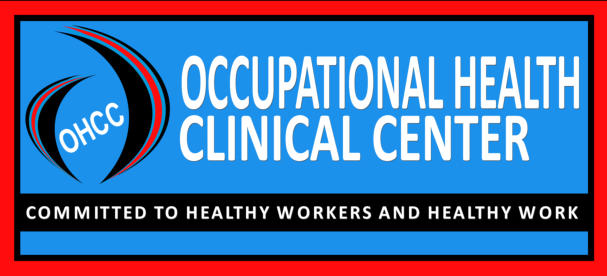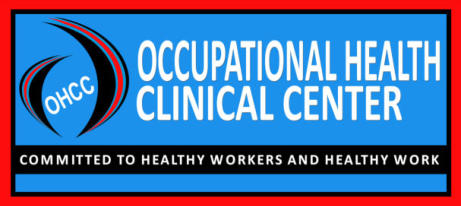
2019 © OCCUPATIONAL HEALTH CLINICAL CENTER / 6712 BROOKLAWN PARKWAY, SUITE 204 / SYRACUSE / NY / 13211
PHONE: 315-432-8899 / FAX: 315-431-9528 / EMAIL: CNYOHCC@UPSTATE.EDU

WHAT IS WORKERS' COMPENSATION?
Workers' Compensation is a form of insurance that is paid for by employers to cover the medical expenses and wage losses incurred from a work-related injury or illness. If you are injured or become ill as a result of your work (or a pre-existing injury or illness becomes worse because of your work), you may be eligible for workers' compensation benefits. These benefits are wholly paid by your employer's insurance carrier. You must, however, file a claim (using the C-3 Workers' Compensation Board form) in a timely manner (within 30 days) to start your case. You do not have to be a citizen to receive Workers' Compensation.NO FAULT
Workers' Compensation is a no fault system. The employer may send you to a health care provider s/he chooses, but YOU have the right to select a physician YOU choose, who will provide an independent opinion.MY EMPLOYER SAYS THE INJURY IS NOT COVERED BY WORKERS' COMPENSATION
If you file a claim, the Workers' Compensation Board decides whether it is covered. It is not up to the employer. Workers' Compensation Benefits If your Workers' Compensation case is proven, you may receive the following benefits: • Costs for medical treatment and rehabilitation, including transportation. • Cash payments for lost wages if you are out for more than one week or if there is a permanent disability. • Temporary cash benefits are about 2/3 of your gross wages. You pay no taxes on these benefits. • Additional cash benefits if there is permanent damage to a limb or for loss of hearing or eyesight; a death benefit; and vocational rehabilitation or retraining. • Cash benefits can continue for as long as your disability lasts; however, you may need to reapply for those benefits after a period of time, or verify that your work-related symptoms still affect your health.I GOT HURT AT WORK. WHAT DO I DO?
Report your injury or illness as soon as possible to your supervisor or employer. You must do this within 30 days. It's best to do it before leaving work, so that it is very clear that the injury or illness occurred at work (not at home.) A co-worker can report it for you. Because a minor problem could get worse, it is best to report it. Make notes about what happened, which supervisor was told, and who witnessed the injury. Remember it is illegal for your employer to threaten, discipline or harass you for making such a report. See a doctor as soon as possible, describe what happened and make sure they note that it happened at work. Tell the hospital or doctor's billing staff this is a compensation case and to bill your employer's insurance carrier. Besides notifying your employer and getting medical treatment, you must get a C-3 form from the Workers' Compensation Board and file it to start your case. FORMS http://www.wcb.ny.gov/content/main/onthejob/howto.jsp LEGAL REPRESENTATION Seeking the counsel of an attorney who has expertise in Workers' Compensation is an important step. Your attorney will give you specific legal advice and assist you in matters related to your case.LINKS
John Burton's Workers' Compensation Resources Worker's Comp Hub The Critical Need to Reform Workers' Compensation The Politics of Workers’ Compensation in New York State Workers' Compensation BoardWORKER’S’ COMPENSATION



2019 © OCCUPATIONAL HEALTH CLINICAL CENTER / 6712 BROOKLAWN PARKWAY, SUITE 204
/ SYRACUSE / NY / 13211
PHONE: 315-432-8899 / FAX: 315-431-9528 / EMAIL: CNYOHCC@UPSTATE.EDU
































